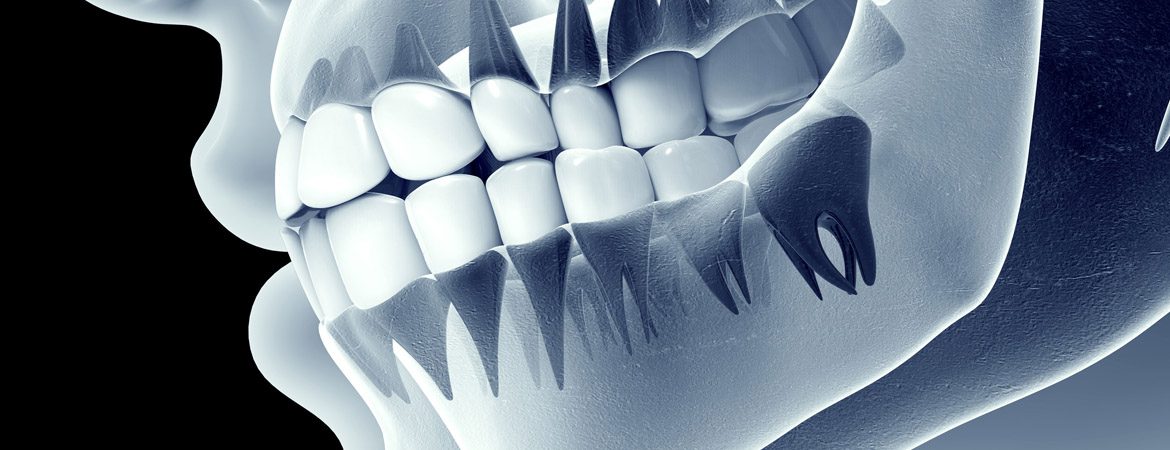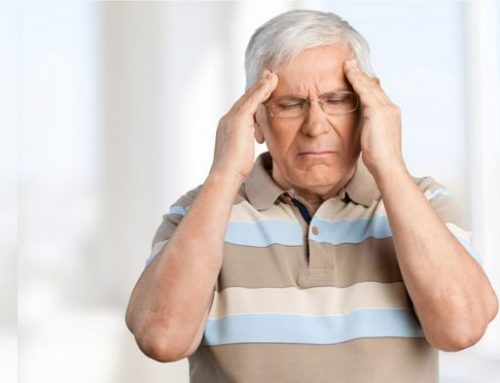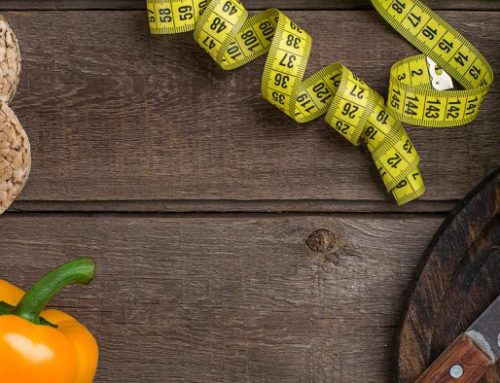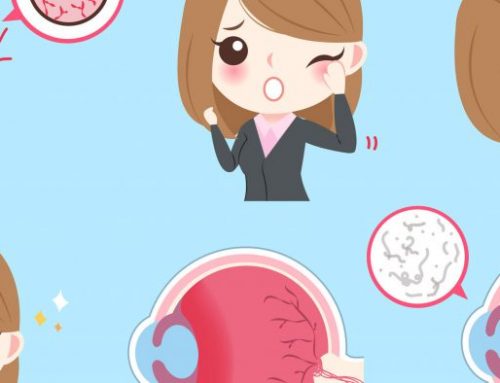Root Canal
Q:
I have serious teeth grinding problem. What should I do to prevent this?
Answer:
There are two types of teeth grinding: clench which tightly holds your top and bottom teeth together; or grind when you slide your teeth back and forth over each other your teeth. Medically called bruxism. If you have bruxism, you may unconsciously clench your teeth together during the day, or clench or grind them at night (sleep bruxism).
Mild bruxism may not require treatment. However, in some people, bruxism can be frequent and severe enough to cause permanent damage to the teeth and uncomfortable jaw pain, headache or ear pain.
In some cases, chronic teeth grinding can result in a fracturing, loosening, or loss of teeth. The chronic grinding may wear teeth down to stumps. When these events happen, bridges, crowns, root canals, implants, partial dentures and even complete dentures may be needed.
Usually, a person doesn’t realise that they grind their teeth in their sleep. The partner who shares their bed (and hears the grinding noises at night) is often the first to notice the problem. Parents may also hear it in their sleeping children. Teeth grinding can be a result of stress, anxiety, smoking, heavy alcohol, caffeine, depression and sleep.
Research has shown that bruxism is found more frequently in people who snore and pause in breathing (sleep apnea). and in people whose lifestyle includes smoking, drinking alcohol and caffeine.
Because you may have sleep bruxism and be unaware of it until complications develop, it’s important to know the signs and symptoms of bruxism and see your doctor or dentist if:
• Your teeth are flattened, fractured, chipped or loose
• Teeth are sensitive
• Jaw or face pain or soreness
• A headache
• Earache
• Sore gums, teeth, jaw, and face
• Avoid or cut back on food and drinks that contain caffeine, such as colas, chocolate and coffee.
Other tips to help you stop teeth grinding include:
If you think you grind your teeth, see your dentist as soon as possible. They will look at your teeth and talk about possible treatment options that may include:
• Repair of tooth damage
• Fixing fillings that are too high
• A special mouthguard (‘bite splints’) to wear at night so that the guard is worn down instead of your teeth. In most cases, a bite splint will only help with the symptoms and will not stop you from grinding altogether.
If stress is causing you to grind your teeth, ask your doctor or dentist about options to reduce your stress. Attending stress counselling, starting an exercise programme, seeing a physical therapist, or obtaining a prescription for muscle relaxants are among some of the options that may be offered.
Other tips to help you stop teeth grinding include:
• Avoid or cut back on food and drinks that contain caffeine, such as colas, chocolate and coffee.
• Avoid alcohol. Grinding tends to intensify after alcohol consumption.
• Do not chew on pencils or pens or anything that is not food. Avoid chewing gum as it allows your jaw muscles to get more used to clenching and thus makes you more likely to grind your teeth.
• Train yourself not to clench or grind your teeth. If you notice that you clench or grind during the day, position the tip of your tongue between your teeth. This practice trains your jaw muscles to relax.
• Relax your jaw muscles at night by holding a warm washcloth against your cheek in front of your earlobe.
• To prevent damage to the teeth, mouth guards or appliances (splints) are often used to treat teeth grinding, clenching and TMJ disorders. A splint may help protect the teeth from the pressure of clenching.







Leave A Comment